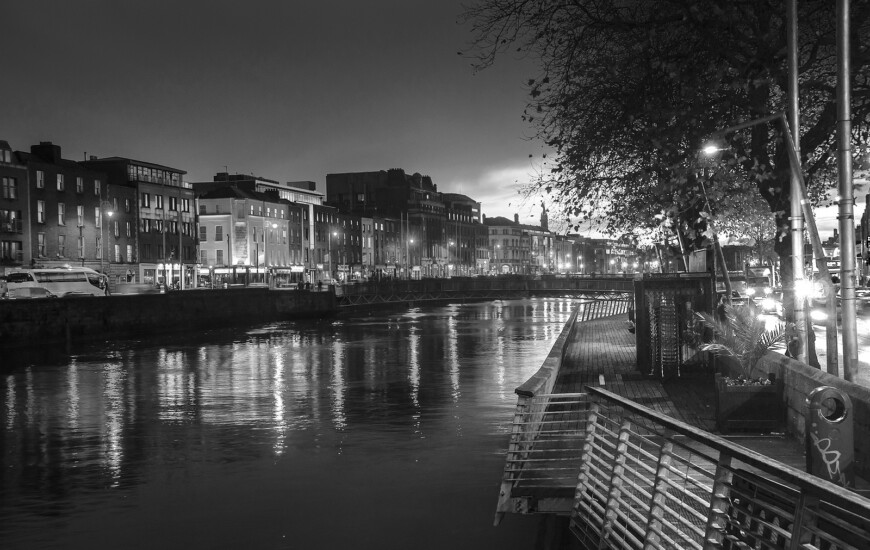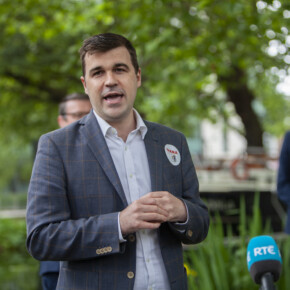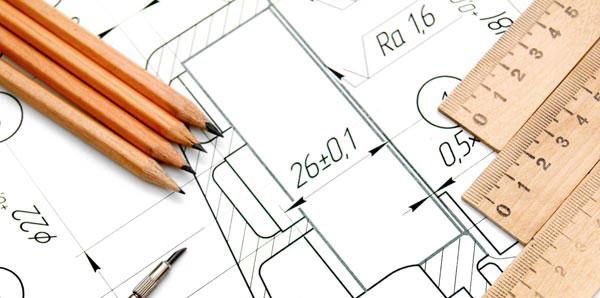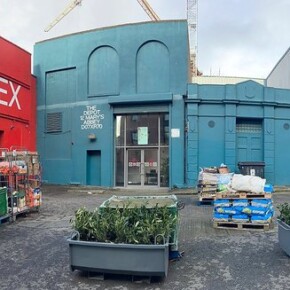The quiet cruelty of a city that won’t listen
Padraig Conlon 29 Oct 2025
Every week, someone tells us the same story in a different form.
A parent of a child with autism.
An older man waiting fifteen hours in a Dublin hospital.
A woman chasing a housing officer who never calls back.
They’ve all reached the same conclusion: it’s not that nobody’s listening, it’s that nobody cares to.
I’ve lost count of how many times I’ve heard from families begging for basic support, not luxuries, not entitlements, just the chance for their kids to be seen by a speech therapist before they turn ten.
Or a referral to CAMHS that doesn’t arrive two years too late.
Or a school place that actually exists, not a press release saying it might.
We keep saying the system is broken. It isn’t. It’s designed to function like this, polite, slow, and tilted toward the privileged.
For everyone else, there’s cold silence.
Take special education.
Every year we run stories about the lack of special education places across Dublin.

Pictured in April, parents protesting outside the Dail over the lack of special educaton places.
And every September, the Department trots out the same line: “We’re working closely with stakeholders to ensure every child has a place.”
Yet year after year, parents are still driving from Finglas to Wicklow or leaving jobs to homeschool.
I’ve spoken to mothers told to just “wait until next year,” as if childhood development pauses for bureaucrats.
How is it possible that in 2025, in a wealthy European capital, we still can’t provide basic education to our most vulnerable children?
Because when you speak to these families, one thing becomes clear, they are not a priority.
No one in power is losing sleep over them.
The same goes for healthcare.
In recent weeks, Northside People has published a string of reports about poor conditions at Beaumont Hospital, among them a woman describing her mother’s ordeal.
Last month, a man from Coolock said his stay there was “Dickensian”. He and his wife had gone in July and he labelled the experience “a hell-hole.”
And then there’s housing.
Do you know what it does to a person’s mental health to be told they’ve “just missed out” on a council flat five years in a row?
To watch politicians cut ribbons on new apartment blocks while you’re couch-surfing with your toddler?
To be told by a TD, “we’re doing our best,” after paying €2,100 in rent for a place riddled with black mould?
People are not being heard, but it’s worse than that.
They’re not ignored, they’re managed, quietly, systematically, efficiently.
Pass them to another department, say it’s under review, send a link to a page untouched since Leo’s first stint as Taoiseach.
Let them burn out, and then file them under “no longer chasing.”
People don’t collapse from one big blow, but from a thousand quiet dismissals.
Meanwhile, the loudest voices, the property funds, the consultants, the lobbyists, get the red-carpet treatment.
They get emergency meetings, ministerial access, even legislation tailored to their needs.
And still we’re told, week after week, that the system is “under pressure.”
I don’t buy that anymore.
There are two systems, one that moves mountains for those with influence, and another that buries everyone else under them.
Most people aren’t looking for special favours.
They just want fairness, to be heard, to matter.
That shouldn’t be a radical demand. It should be the bare minimum.
I spoke to a man in Balbriggan this week who said something that’s stuck with me.
He and some of his elderly neighbours have spent most of this year trying to speak to someone in the council about an issue causing them stress.
“I’m not asking them to change the world,” he told me. “I’m only asking them to ring me back.”
There’s a generation of Dubliners out there, worn down into numbness.
They no longer expect the system to work for them, and that might be the most dangerous thing of all.
When people stop believing in institutions, they either give up or lash out. Neither ends well.
You’ll hear people say, “Sure that’s just the way it is.”
I refuse to accept that.
We shouldn’t normalise being ignored.
We shouldn’t clap for resilience when what people really need is justice.
There’s a moment coming when Dubliners will start raising their voices again.
Not just for themselves, but for their neighbours, their kids, their parents.
Because enough really is enough.
They’ve heard every word, they just don’t care to listen.
So maybe it’s time Dubliners started shouting a little louder.











